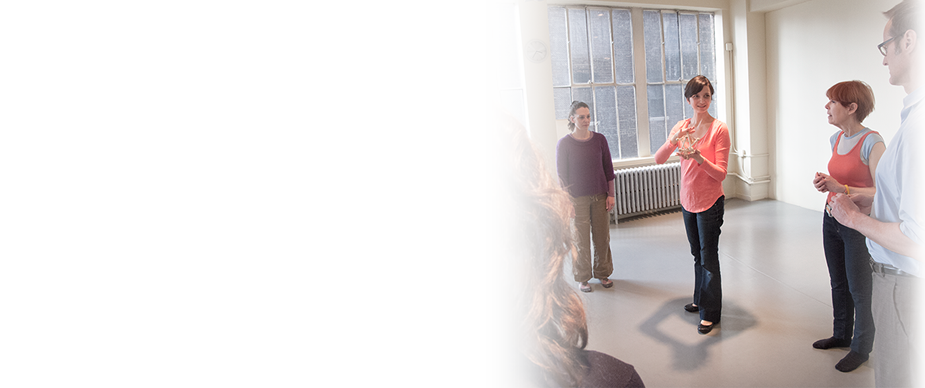Surfing 101: How to Mindfully Wipe Out
/- Urban Dictionary
A few weeks ago, I was in the LA area attending an Alexander Technique conference and decided to take a leap a sign up for a surfing lesson. I say take a leap because I've been doing a bit of obsessing over surfing for the past two years or so. I'm adding a 3rd line to the Urban Dictionary's definition of kook:
3. No practical experience with surfing other than "surfing" (no hands) on crowded subways while reading books about surfing to fuel theoretical obsession with said sport.
The most useful thing about having done a bit of reading was that I had no delusions that it was going to be easy . . . and it wasn't! Friends who knew I was going for the lesson asked me how the surfing was and my response was. . . Surfing? Wiping out about 30 times in a row was an educational experience. I managed to squat for about a second a couple of times, but it was mostly paddle, start to get up, loose my balance, do it again, until the lesson had finished.
Embarking on learning a new skill with such a steep learning curve highlighted two things for me, the first being that my kinesthetic awareness when I'm rushing and not present seems to be next to none despite 15 years of study of The Alexander Technique. The second point is that taking extra time to process the information and stay present leads to quicker absorption of the new information and in turn, increased progress. These lessons aren't new to me, but when faced with barreling toward the shore on an unstable foam board and understanding that the goal is to go from lying on my belly to standing before I hit sand, my initial inclination was to panic and focus only getting to my feet, but completely ignoring how I'd get there. How was I to go through the steps to get up that the instructor had just shown me with so little time in such conditions? F.M. Alexander called this type of behavior end-gaining (trying to get to a goal without sticking with the process). When I rushed in this way, I forgot about what I had learned just a moment ago on the beach about how to stand up and maintain my balance. I had no idea what my body was doing and was shocked when the instructor told me that I was lifting up my feet and sliding forward on my knees, something she'd never seen anyone do.
Being a student and teacher of the Alexander Technique, I realized what would help the situation. Give up on the goal and stick with the process. What lead me to panic was that sunce the board was moving so quickly, I wouldn't have enough time to stand up before I reached the shore. I stopped trying to stand up and instead focused on the steps that I had learned to lead me to keep my balance as I moved onto my feet. Slide one knee forward, bring the opposite foot around so that I'd be standing on both feet facing to the side. Stay on the center part of the board. Keep both hands on the board the entire time until my feet are planted and I'm in a squat. Relatively straight forward, but not so easy on a 2-foot-wide floating, slippery surface. I concentrated on actually stepping through all of the steps as I'd learned them and my goal was simply to get as far as I got in the sequence by the time I reached the shore.
Many times I ran out of time, but by repeating the actions, I was creating a kinesthetic memory of the sequence for myself, and a few times I managed to get to a squat before loosing my balance or hitting sand. I didn't get there by committing myself by standing up, but rather by committing myself to follow through on as many steps as I found time for between hearing the instructor shout "stand up" and reaching the beach.
The expression, "If at first you don't succeed, try, try again", doesn't necessarily work if you keep trying what your doing in the manner that initially didn't work. F.M. Alexander said, "When at first you don't succeed, never try again – at least, not in the same way". Or more applicable to surfing, to reference the late 90s smash single by Chumbawamba . . . instead of "I get knocked down, but I get up again", how about "I get knocked down . . . and focus on all of the steps, so that I can eventually get up again and again."
Have you had a similar experience learning a new skill? Share in the comments below!


